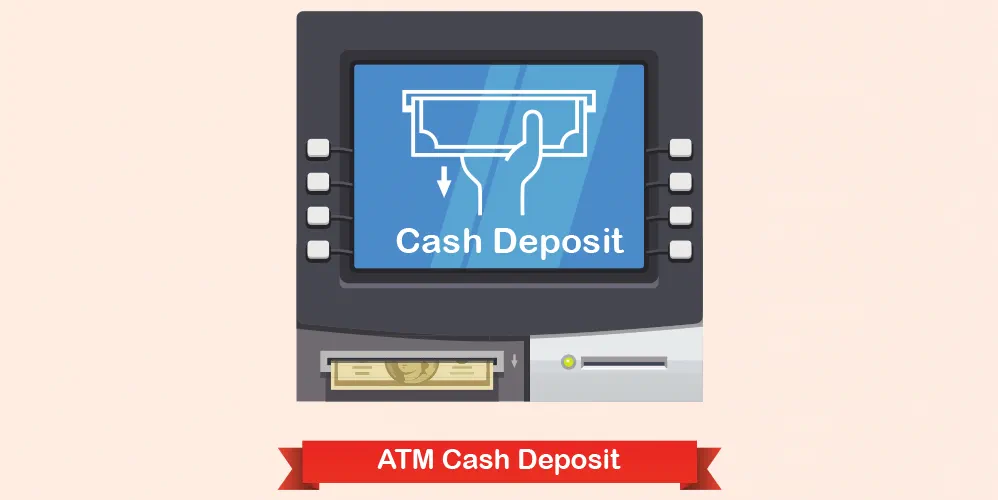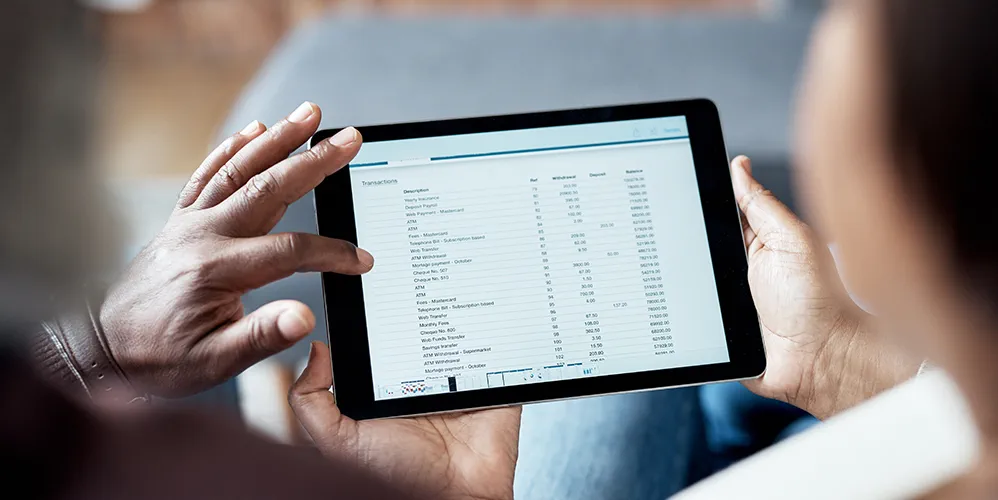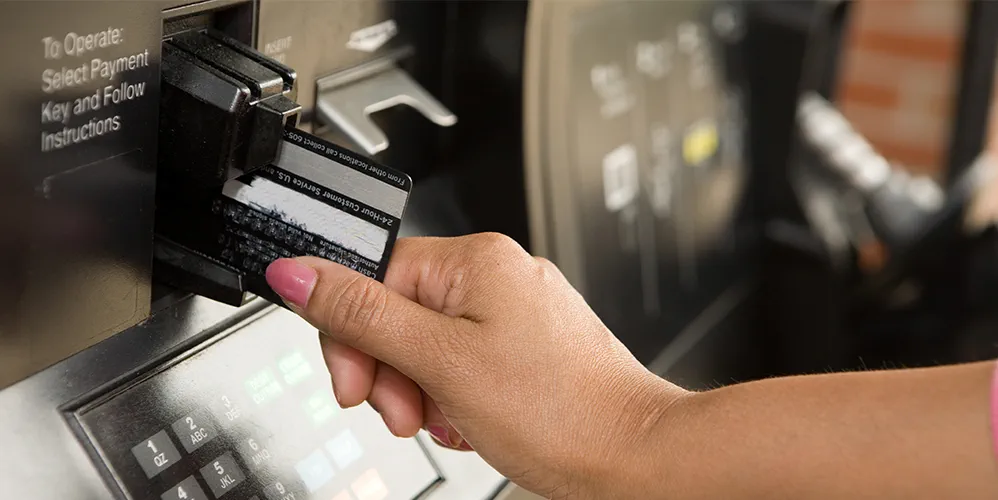
What Are The Types of Internet Banking?
28 Aug 2023

Table of Content
The arrival of internet banking has transformed the way one manages their finances. It has revolutionized the banking sector. Customers can now access their bank accounts from the comfort of their homes or offices.
Over time, consumer preferences have also changed. The rapidly changing technology and evolving consumer preferences have led to increased competition among financial institutions.
Internet banking is also known as online banking or e-banking. It only requires an active internet connection and a laptop or smartphone for use. Customers use this service to view their account balance and transaction history. They can also transfer funds, pay bills and apply for loans or credit cards online with e-banking.
Importance of Internet Banking
• Convenience
e-Banking provides 24x7 access to bank accounts from anywhere.
• Time saving
It eliminates the need for customers to stand in long queues. This saves time.
• Cost effectiveness
Customers do not have to pay for stamps or other fees associated with visiting bank branches.
• Informed decision
It lets customers compare interest rates, fees and services provided by various banks.
• Security
It uses advanced encryption technology to protect customer information and prevent fraud. Banks invest heavily in cybersecurity measures to ensure that customers' information is safe.
• Innovation
Banks now offer features such as digital wallets, real-time payment systems, etc.
Types of Internet Banking Facilities in India -
Informational Internet Banking
This type of e-banking service is the basic level of internet banking. This provides access to all the general information of the bank through a website. This includes details about the bank's products and services like accounts, deposits and loans available to different customers. It provides details about the features of the products, benefits, eligibility criteria and how to apply for them. It also has information about the bank branches and ATM locations. If there is any other information required, then you can reach the bank via email.
Communicative Online Banking
The next kind of e-banking is intermediary, where the information exchange between the bank and customers takes place through a virtual chatbot. Unlike the basic level, where the customer has to await a response to the email, this information exchange is instant.
The customer can place enquiries about minimum account balances, types of fund transfers and applying for services like loans facility or cards. Virtual chatbots answer all the basic questions, like the types of loans or cards, the interest rate, and the charges. It then directs the customer to the customer care department to process the loan / card application, or answer complex queries.
Transactional Internet Banking
The last category of net banking type is advanced internet banking. Customers are more accustomed to this type of e-banking. This advanced level is where a customer with a valid login and password can use internet banking for transactions. All services like fund transfers, utility bill payments, creating deposits, credit card bill payments, EMI payments, and investing in marketable securities can be done through the bank's net banking portal.
Transactional internet banking has organized fund transfers in India by providing the following facilities:
- National Electronic Fund Transfer (NEFT)
- Real Time Gross Settlement (RTGS)
- Immediate Payment Service (IMPS)
Instant fund transfer is the prime feature of all these transfer methods. The minimum and maximum transaction limits for each type vary from account to account and bank to bank.
Wrapping Up
Internet Banking is when customers of a bank can get information, answers to queries and transact virtually through the bank's website. It eliminates the need to visit the bank branch and saves time for the customer.
For banks, this means that many processes can be automated, leading to less labor-intensive requirements. The types of internet banking are classified by the RBI basis the level of interaction between the customer and the bank.
Popular Articles
Tag Clouds
Related Articles










-
Disclaimer
The contents of this article/infographic/picture/video are meant solely for information purposes and do not necessarily reflect the views of Bank of Baroda. The contents are generic in nature and for informational purposes only. It is not a substitute for specific advice in your own circumstances. Bank of Baroda and/ or its Affiliates and its subsidiaries make no representation as to the accuracy; completeness or reliability of any information contained herein or otherwise provided and hereby disclaim any liability with regard to the same. The information is subject to updation, completion, revision, verification and amendment and the same may change materially. The information is not intended for distribution or use by any person in any jurisdiction where such distribution or use would be contrary to law or regulation or would subject Bank of Baroda or its affiliates to any licensing or registration requirements. Bank of Baroda shall not be responsible for any direct/indirect loss or liability incurred by the reader for taking any financial decisions based on the contents and information mentioned. Please consult your financial advisor before making any financial decision.
How to Get a Bank Statement Online at The Bank of Baroda?
The arrival of internet banking has transformed the way one manages their finances. It has revolutionized the banking sector. Customers can now access their bank accounts from the comfort of their homes or offices.
Common Internet Banking Frauds and Prevention Tips
Internet banking has made financial transactions more convenient and accessible for millions of people worldwide. However, this convenience of online banking comes with the risk of Internet banking fraud.

